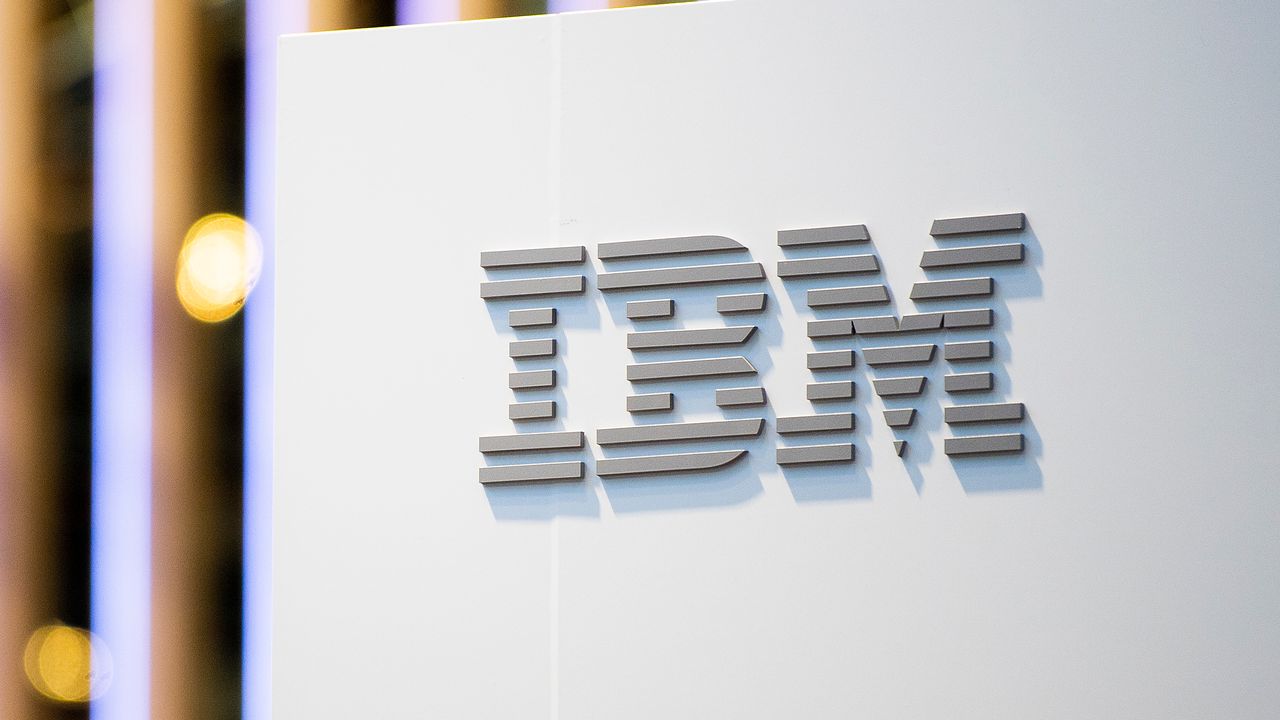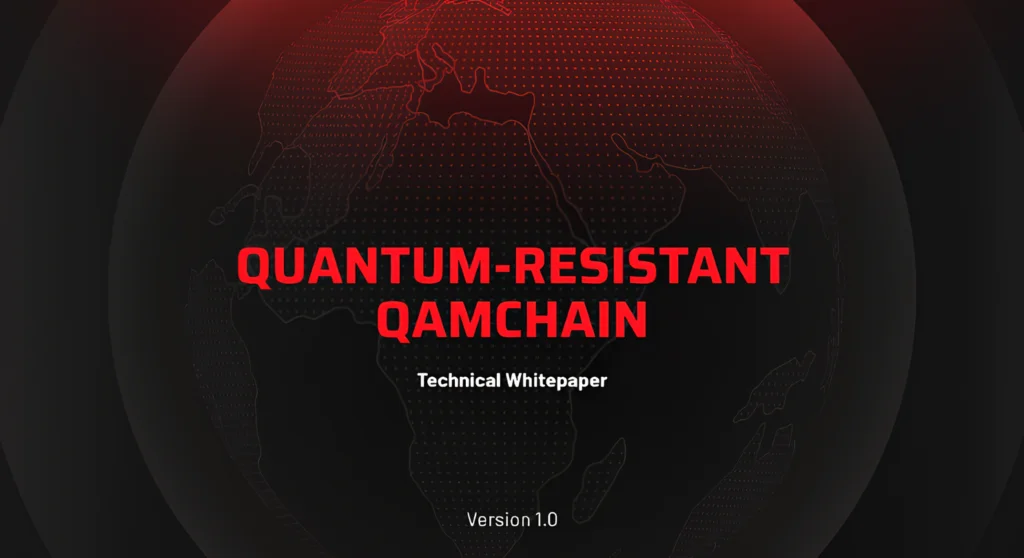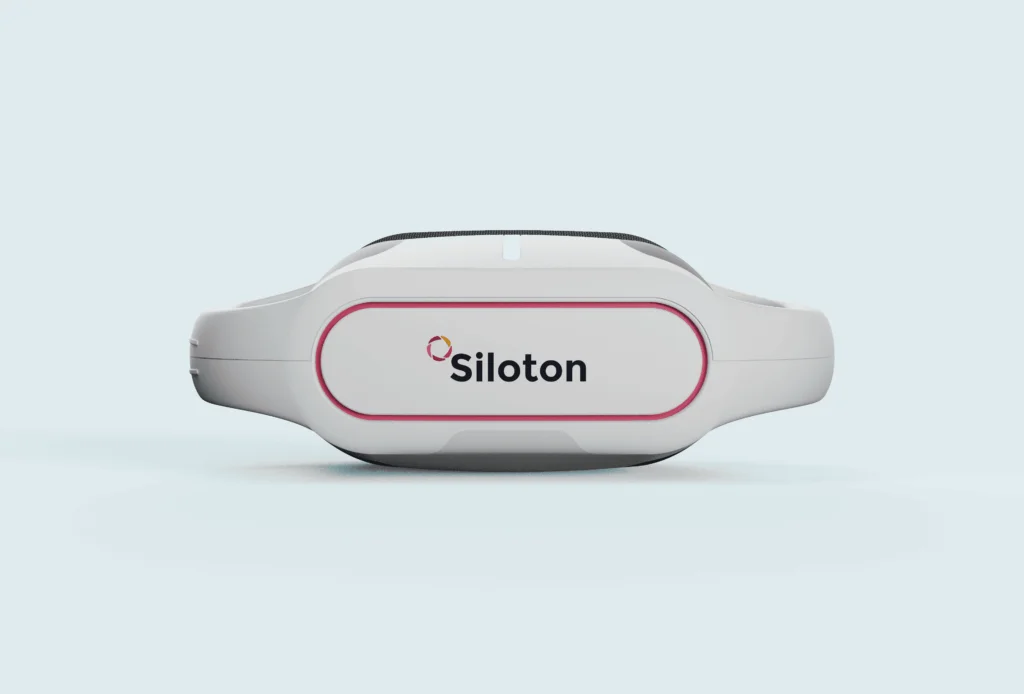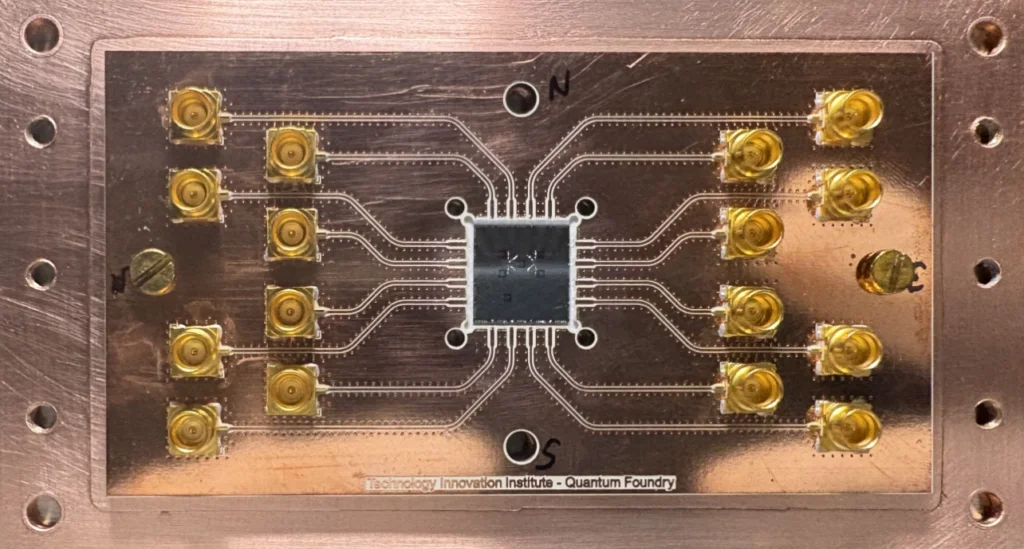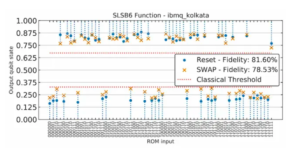
This may be one small step for quantum experimentation, but IBM scientists claim that a recent experiment offers a giant leap in demonstrating how quantum computers can best classical devices at certain tasks.
Quantum computing, which uses the laws of quantum mechanics to perform calculations, is theoretically vastly better at a range of calculations than classical computers, but proving this quantum advantage remains a challenge. For quantum computers to attain mass adoption, they need to show this advantage in practical tasks, according to experts — and especially critics.
In the IBM experiment, which was published in Nature Physics, scientists designed an experiment limited to the amount of available memory, or “space,” according to a blog post from the company. They built two limited-space circuits — one quantum and one classical — with a qubit (or quantum bit) available for computation and storage. The circuits were programmed to find the majority out of three input bits, then return zero if more than half the bits are zero and a one if more than half of the bits are one.
The researchers explain: “Our team thinks of computing in terms of circuits. At the start of a circuit, we have a number of classical or quantum bits, like swimmers in swim lanes. We set these bits to an initial value, and then the circuit progresses forward through a user-written program, consisting of gates. Different gates have different effects on these bits. The output of such a circuit is a set of zeroes and ones in both the classical and quantum case.”

The researchers said that the circuits are restricted to using two-input gates, and limited to using one bit of computational/scrap space. This offers a fair comparison between the power of classical and quantum computational space, according to the team.
Theoretically, a classical system equipped with a single bit for computation and storage would not be able to run the algorithm, while a noise-free quantum computer would deliver results 100% of the time.
However, current quantum computers are described as noisy intermediate stage quantum computers, or NISQ.
Despite the noise, IBM researchers found that in their real-life experiment in real-life, with circuits calibrated to run the program more efficiently, they had a success rate of 93%, which beats the classical system’s 87% rate.
“The IBM Quantum team is continuing to develop hardware that we hope will provide speedups for some of today’s hardest quantum computing problems, as well as improvements to the variety of operations accessible to quantum computations in order to maximize the performance of that hardware,” the team writes. “Amid this development, the theory team will continue to carry out equally important work: investigating and demonstrating the uniqueness of quantum computation, and what kinds of benefits over classical computers such uniqueness may deliver.”
Scientific Advances
The experiment doesn’t just show the potential practicality of quantum computers, it also reflects deep scientific insights, the researchers said.
The performance of quantum systems that can’t be explained by quantum physics is central to quantum information science, an insight that physicist John Stewart Bell pointed out in his work, particularly in Bell’s theorem. Classical rules of physics simply fails to explain the behavior of correlated particles obeying the rules of quantum mechanics.
“Our team continued the legacy of Bell with similar-spirited tests of our own. Prior to this work, we explored what happened if we limited the depth of computation, but not the available bits,” the researchers write. “We proved that not only do perfect quantum computers give an advantage over classical computers on these “shallow circuits,” but even noisy quantum computers do. Taken together, our work shows how quantum computers compare to classical computers in terms of both computational time and space.”
For more market insights, check out our latest quantum computing news here.

